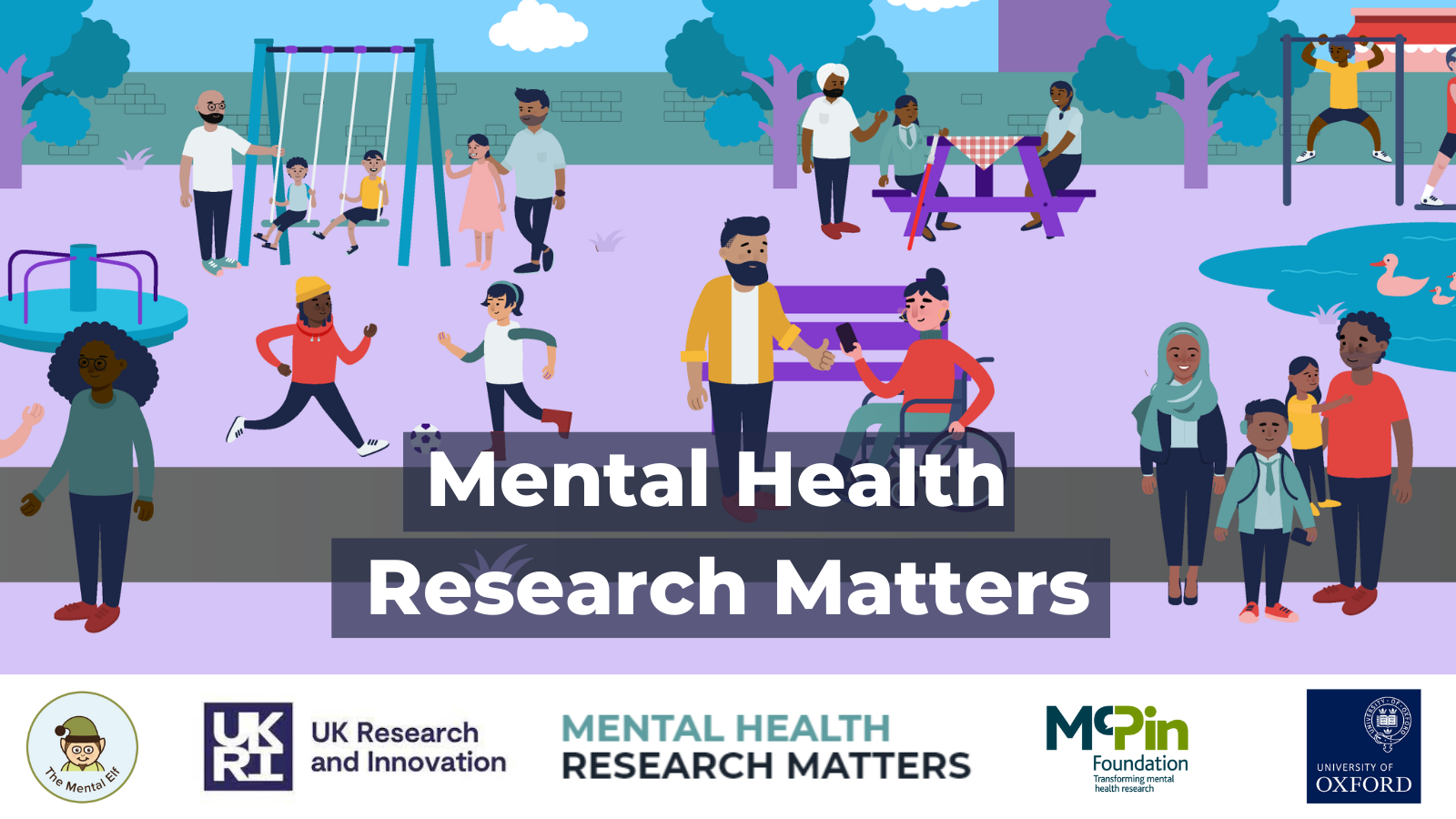The Identifying Childhood Anxiety Through Schools (iCATs) project is a large, multi-disciplinary research programme developing and evaluating a pathway from ‘universal screening’ in schools for anxiety problems to an online, parent-led intervention for primary-school-aged children. As part of the programme, health economics researchers from the Health Economics Research Centre at Oxford University are looking at the short, medium and long-term economic consequences of childhood anxiety on children as they transition to adolescence and into adulthood. They are also looking at the impact on their families, whose burden is often overlooked, and on society more generally, such as schools and the labour market.
Interdisciplinary study team
Economic evidence is crucial in determining how to allocate the limited resources of the NHS, the school sector, and other relevant stakeholders to support children with mental health problems and their families. This research will not only assess whether the iCATS intervention is clinically effective, but also whether it makes economic sense.
The health economics researchers are analysing long-term cohort study data to investigate the consequences of childhood anxiety in terms of future mental health and in relation to school absence, educational attainment, and early employment. They are also examining the costs associated with these factors. Preliminary findings suggest that child anxiety problems are associated with lower levels of educational achievement.
Evidence base for the intervention
All of these findings will feed into the final economic evaluation alongside the iCATS randomised control trial. The trial will assess the “value for money” of child anxiety intervention beyond the two-year duration of the study until the children become young adults. The researchers will build an economic model that predicts the benefits and costs of the intervention in the longer term, taking into account the impact of Covid-19.
#MentalHealthResearchMatters
There are so many different approaches to take in mental health research. For more about why #MHRmatters and how you can get involved, join the conversation #mentalhealthresearchmatters


